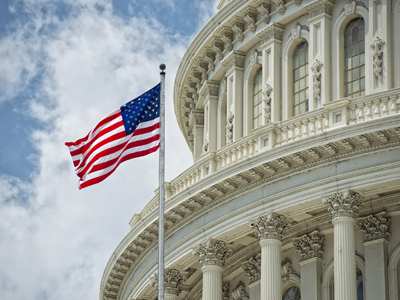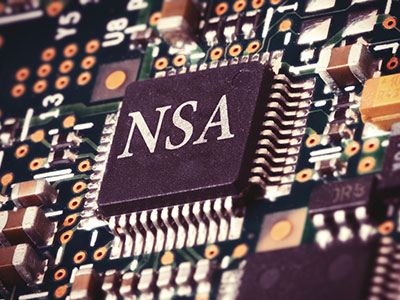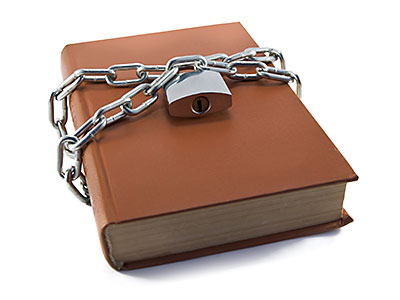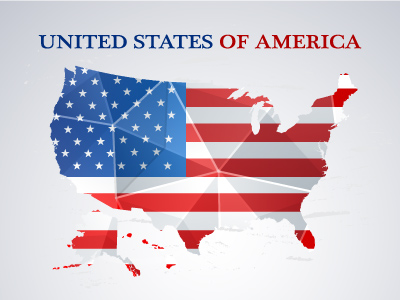Before you include a Computer Fraud and Abuse Act (“CFAA”) claim in a trade secret case, consider carefully: was the data acquired through “unauthorized access” or was it just misused by the defendants? If it was properly accessed (but later misused), your CFAA claim, and the federal question jurisdiction that comes with it, is in jeopardy. In SunPower Corp. v. SunEdison, Inc., Judge Orrick of the Northern District of California recently dismissed the plaintiff’s CFAA claim because the plaintiff failed to allege that the data was accessed without authorization, only that it was later misused. Because the CFAA claim provided the basis for federal jurisdiction, Judge Orrick indicated that he would dismiss the entire case and not exercise pendent jurisdiction over the remaining thirteen state claims if the CFAA claim could not be properly amended. READ MORE
Think Before You Tack CFAA Claims on to Your Trade Secret Misappropriation Case











